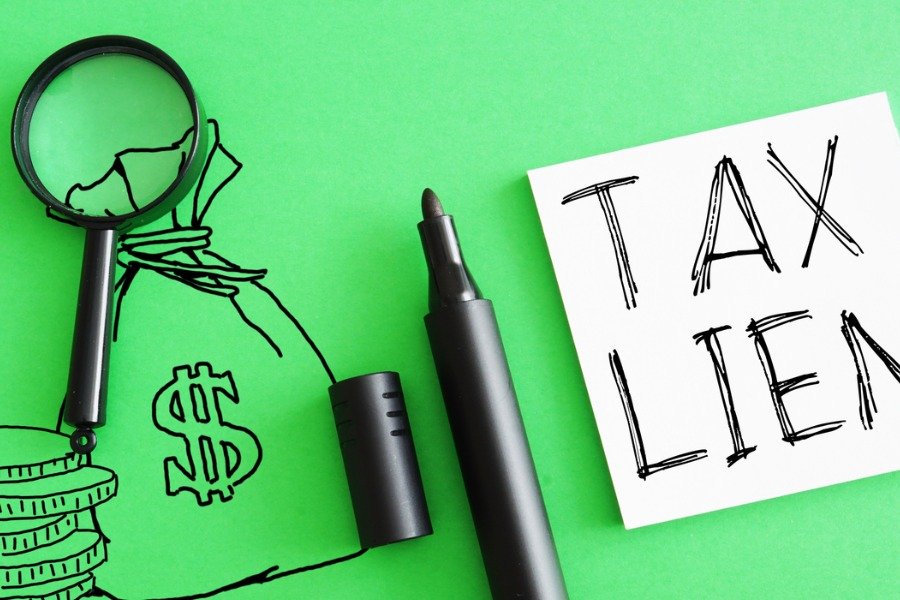Investing in tax deed properties can be one of the most exciting ways to build wealth through real estate. The process might seem overwhelming at first, but once you understand how to identify valuable opportunities, the rewards can be significant. Whether you’re completely new to auctions or looking for ways to refine your strategy, learning how to spot profitable tax deed properties for sale is the key to long-term success.
Understanding What Tax Deed Properties Are
Tax deed properties are pieces of real estate that have been seized by local governments due to unpaid property taxes. When the taxes remain unpaid for a certain period, the county places the property up for auction. At that point, investors like you have the chance to purchase the property by paying off the overdue taxes.
This system creates unique opportunities because properties often sell for much less than their market value. However, finding the right property requires research, patience, and an understanding of the risks involved.
Why People Invest in Tax Deed Properties
The appeal of tax deed auctions is simple—buying real estate at a fraction of its value. Some investors acquire homes for just a few thousand dollars, then resell or rent them for a strong return. Others purchase land or commercial buildings that can appreciate over time.
Unlike traditional real estate purchases, where negotiation and financing dominate the process, tax deed auctions are fast and competitive. With preparation, though, you can gain access to properties with incredible potential for profit.
How to Begin Your Search
The first step in spotting profitable tax deed properties for sale is knowing where to look. Each county holds its own auctions, usually announced through public notices. While you can track these announcements manually, it can be time-consuming. Many investors now rely on online platforms and Free Tax Deed List services to simplify their searches.
Using these resources saves you hours of digging through government websites and ensures you never miss valuable opportunities. The more efficiently you can find listings, the faster you can move toward selecting the right property.
Evaluating the Location
Location remains the golden rule of real estate investing, and tax deed auctions are no exception. A property’s surroundings often determine whether it will be profitable in the future. Look for areas experiencing population growth, new infrastructure, or rising job opportunities.
Even if a property looks affordable, it may not be a good investment if it sits in a declining neighborhood or an area with little demand. On the other hand, a modest property in an up-and-coming area can turn into a lucrative investment with minimal improvements.
Researching the Property Value
Before bidding, always estimate the current and potential market value of the property. This can be done by reviewing comparable sales in the area, checking online real estate platforms, or consulting a local real estate agent.
Remember, just because a tax deed property starts with a low opening bid does not mean it will remain cheap. If the property is highly desirable, competition among bidders can quickly drive up the price. By knowing its true market value in advance, you’ll avoid overbidding and eating into your potential profit.

Inspecting the Condition
One of the risks of buying at tax deed sales is limited access to the property before bidding. In many cases, you cannot enter the property, so you must rely on exterior inspections and public records. Drive by the property, check satellite images, and look for signs of neglect.
While some properties might need only cosmetic updates, others could require major repairs. Factoring in renovation costs helps you calculate whether the deal will remain profitable after purchase.
Understanding Liens and Title Issues
Not all tax deed properties come free and clear. Some may carry additional liens, mortgages, or other legal claims. It’s essential to perform a title search to uncover any hidden complications before committing to a purchase.
In many states, buying at a tax deed sale wipes out most liens, but this is not always the case. Doing your due diligence ensures you won’t be stuck with unexpected debts or ownership disputes later.
Budgeting and Auction Strategy
Profitable investing requires discipline, especially in competitive auctions. Set a maximum bid before the sale begins and stick to it, no matter how exciting the bidding gets. Emotional decisions can lead to overpaying, reducing your chances of turning a strong profit.
It’s also wise to budget for additional expenses beyond the purchase price, such as repairs, title clearing, and reselling costs. Successful investors treat tax deed properties as a business, with careful financial planning at every stage.
Using a Free Tax Deed List to Your Advantage
One of the best ways to get ahead is by accessing a Free Tax Deed List. These lists give you an overview of upcoming auctions and available properties without requiring hours of manual research. By starting with a reliable list, you can focus on evaluating only the most promising opportunities instead of wasting time on properties that don’t fit your criteria.
Reliable lists also reduce the chances of missing out on profitable deals that never appear in standard property searches. In short, they give you a competitive edge.
Learning from Experts and Resources
While independent research is important, having guidance from experienced investors can save you from costly mistakes. That’s why many beginners choose to sign up for resources that provide expert-vetted listings and educational materials.
Receive 3 expert-vetted listings by email each week, plus our beginner-friendly guide that walks you through the entire tax deed process—from bid to sale. You can download your E-Book on this page: https://tdhunter.com/checkout/?change_plan=277.
These tools help you understand not only how to spot good properties but also how to navigate auctions and maximize your returns.
Avoiding Common Mistakes
New investors often fall into traps like bidding without enough research, ignoring repair costs, or skipping title checks. While tax deed auctions move quickly, taking shortcuts almost always leads to disappointment. By developing a repeatable system for analyzing properties, you’ll avoid these pitfalls and steadily improve your results.
Building Long-Term Success
Profiting from tax deed properties isn’t about winning one lucky auction—it’s about building a strategy you can repeat over time. Start small, focus on learning the process, and reinvest your profits into more properties. With experience, your ability to spot undervalued properties will sharpen, and your returns will grow.
Final Thoughts on Spotting Profitable Tax Deed Properties
Tax deed properties for sale present a unique opportunity to build wealth in real estate. The challenge lies in learning how to evaluate, budget, and strategize before stepping into an auction. By focusing on location, value, condition, and title research, you can separate profitable deals from risky ones.
Combine your personal research with tools like Free Tax Deed List services and expert guidance, and you’ll be far better positioned to succeed. Remember, each property you analyze—even if you don’t bid—teaches you valuable lessons that bring you closer to your next profitable deal.






Join The Discussion